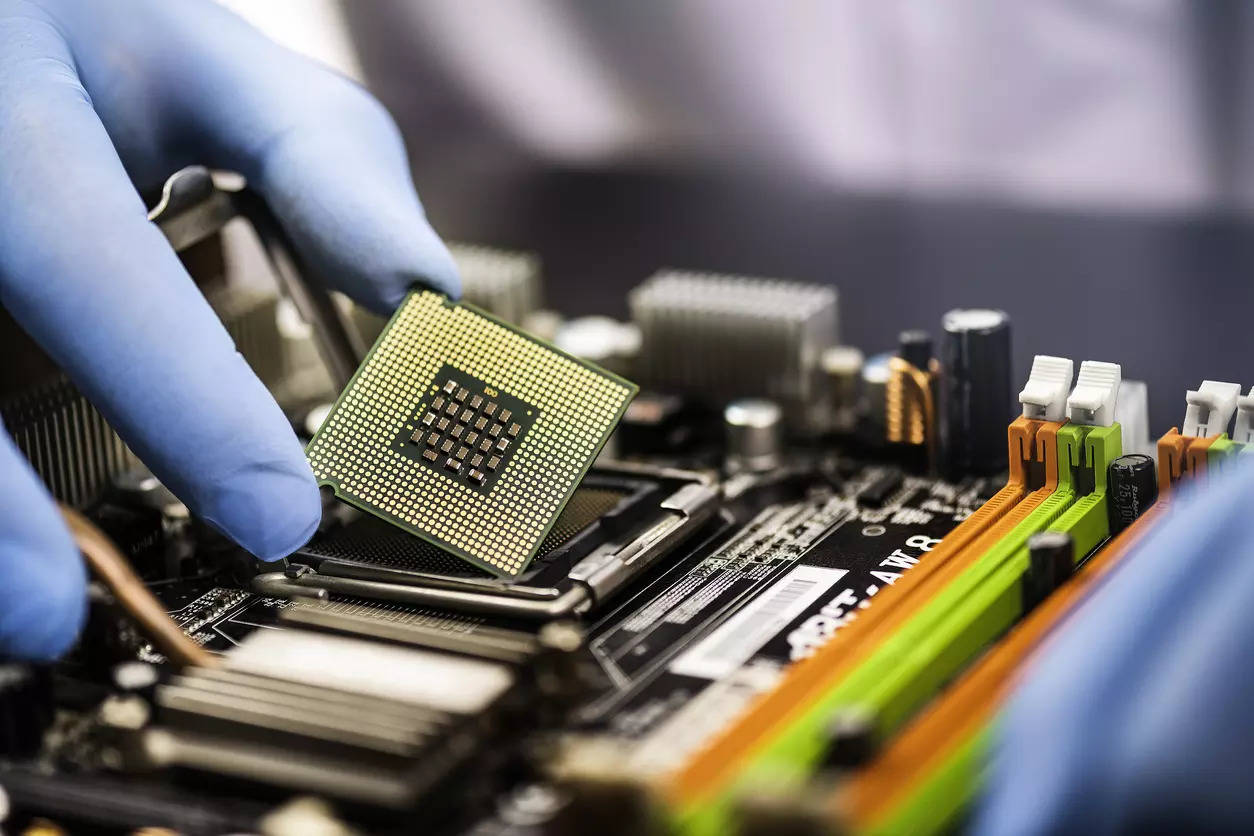
Continental Device India Private Limited (CDIL) became the nation’s first to manufacture silicon carbide devices with the establishment of their Surface Mount Semiconductor Packaging Line with an investment of around Rs.30 crore at their Mohali plant on Thursday. The expansion of assembly lines will increase CDIL’s total capacity at the facility to 600 million units annually.With the anticipated surge in electric vehicles (EVs), power management devices and solar-powered panels, globally as well as in India, and their increased reliance on wide band gap electronics, CDIL said it has identified and laid focus on Silicon Carbide (SiC) products.
SiC is an emerging technology that allows for much-improved efficiencies and power-handling capabilities, especially in high-power charging applications and battery management systems. CDIL said it spent R&D efforts pursuing SiC technology so as to build proficiency and assist in the world’s switch to Electric Vehicles.
“CDIL Semiconductors has strategically positioned itself to meet the burgeoning demands of the automotive sector, both within India and on a global scale,” Prithvideep Singh, General Manager, CDIL said. “Even though SiC devices are notoriously hard to manufacture at scale, we have spent effort and investment to master them.”
CDIL has also established an advanced testing and reliability laboratory at the Mohali plant. The facility is equipped to qualify the semiconductor products according to the standards stipulated by the Automotive Electronics Council (AEC).
The company also signed an MoU with the Semiconductor Laboratory (SCL), a research institute in Mohali under the Ministry of Electronics and Information Technology (MeitY) which undertakes research and development in semiconductor technology. Less than a week ago, the government began seeking proposals from Indian and global companies with expertise in technology and operations to modernise SCL.
Under this initiative, the government is looking to transform SCL into a cutting-edge research and development centre or a state-of-the-art manufacturing facility, or even a combination of both, as outlined in MeitY’s bid document.
“As CDIL and SCL join hands for knowledge exchange, India can look forward to more indigenous chip manufacturing and packaging for India and the world in the future,” Amitesh Kumar Sinha, joint secretary, MeitY said.
He said that despite the strides India is making in the semiconductor space, the country has much to catch up on especially when the projected surge in demand for the chip that powers devices in the modern world is estimated to reach approximately $110 billion by 2030.
“At MeitY, our objective is to modernise and commercialise SCL with focus on making it a R&D hub for developing the semiconductor ecosystem in the country,” he added.
Tejveer Singh, IAS, Principal Secretary, IT, Government of Punjab who was also present at the event spoke about how the modernization of SCL could provide the sector the much needed impetus to put Mohali on the semiconductor manufacturing map of India.








